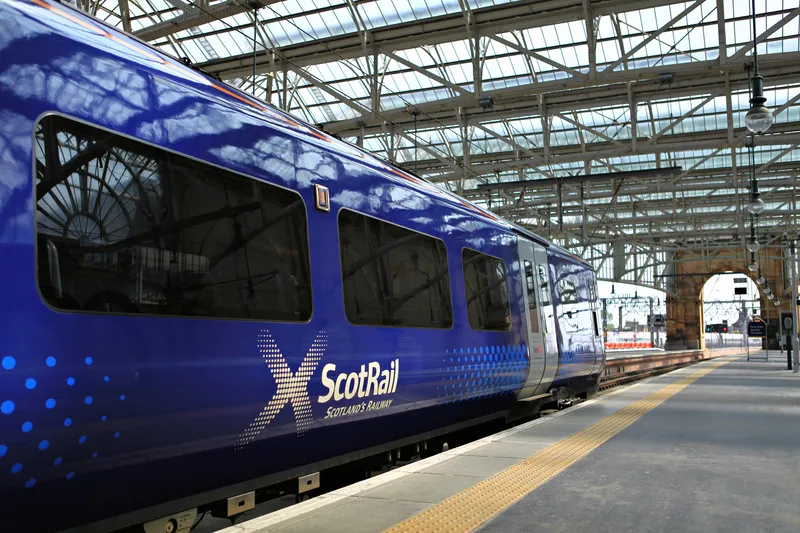
A new report on how transport can play its part in combating climate change has emphasised the need for collaboration between a variety of stakeholders.
Decarbonising Transport, let's get moving together was written by Mott MacDonald in partnership with Thales GTS, law firm Gowling WLG and London Transport Museum, where it was launched.
"The elephant of decarbonisation can seem like an impossibly big animal for a city or country to digest," said the museum's director Sam Mullins, introducing the report. "The only solution is to tackle the beast in bite-sized chunks."
A series of recommendations on how to achieve decarbonisation of UK transport highlight the need for more public transport, and for electric vehicles to be treated as part of the solution rather than as the solution itself.
The importance of government involvement - not just in terms of investment but also in terms of providing certainty, which in turn allows other entities to invest in green projects with confidence - is also highlighted, along with the value of seeing transport and energy "together as a system of systems".
Lead author Katie Chesworth, transport specialist at Mott MacDonald said: "A cross-sectoral approach to bridge the divides is key in breaking down barriers and bringing ideas...To be truly sustainable, a decarbonised transport system needs to work for all communities and users, specific environments and create a better future for us all."
Speaking at the launch of the report, she added: "We have to make this our day job. It's not about stopping people doing things but about doing the same things differently."
Alex Williams, chief customer and strategy officer at Transport for London (TfL), warned that change was happening too slowly.
"The issue is pace," he said. "We're not going fast enough."
But given the controversy over TfL's move to extend the ultra-low emission zone (ULEZ) to cover the whole of London, rather than just the centre, he acknowledged that it was vital to bring people with you when it comes to the decarbonisation.
In terms of TfL's projects, ULEZ is the most important, most contentious - and the most reliant on political leadership, he added - not least in a cost of living crisis.
"We have a big job to do about bringing people with us on this journey," he concluded.










